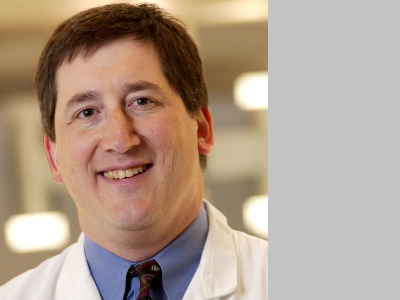Anthony Back, MD | is Professor of Medicine at the University of Washington in Seattle. He is Director of the Program in Cancer Communication at the Seattle Cancer Care Alliance () and Fred Hutchinson Cancer Research Center (). He is board-certified in medical oncology and palliative medicine, and his primary research interests are doctor-patient communication and palliative care. He still sees patients (!), to keep him honest in what he is studying and recommending to others.
Kelly Fryer-Edwards, MA PhD is Associate Professor in the Department of Bioethics and Humanities, University of Washington School of Medicine, and School of Public Health. Her work focuses on improving teaching and learning in areas of communication, ethics and professionalism, and she has been involved with faculty development and trainee education in the medical student curriculum at the University of Washington. Her other funded research is in the area of the ethics of biobanking and community engagement. Kelly finds being on her bike everyday the best time to think.
James Tulsky, MD is Professor of Medicine and Nursing at Duke University and Chief, Duke Palliative Care. He has pioneered content-based coding systems for analyzing communication between physicians and patients, and has led the analysis of the standardized patient encounters for Oncotalk. He is currently PI on an R01 designed to investigate oncologist communication at the end of life (R01CA10387), a P01 that investigates self-management in serious illness, and in 2002 was awarded the Presidential Early Career Award for Scientists and Engineers. Since growing up with his physician father telling patient stories at the dinner table, James has been fascinated and inspired by the world of the medical encounter.
Robert Arnold, MD is the Leo H. Criep Professor and Director of the Institute for Doctor-Patient Communication at the University of Pittsburgh. He has focused his career on improving communication skills at the end of life, and directs the Section of Palliative Care at the University of Pittsburgh. Currently he is directing a major system change effort at the University of Pittsburgh Medical Center and affiliated institutions. Bob notes that 'in practicing these communication skills, I've found that i often get in my own way more than anything else.".




